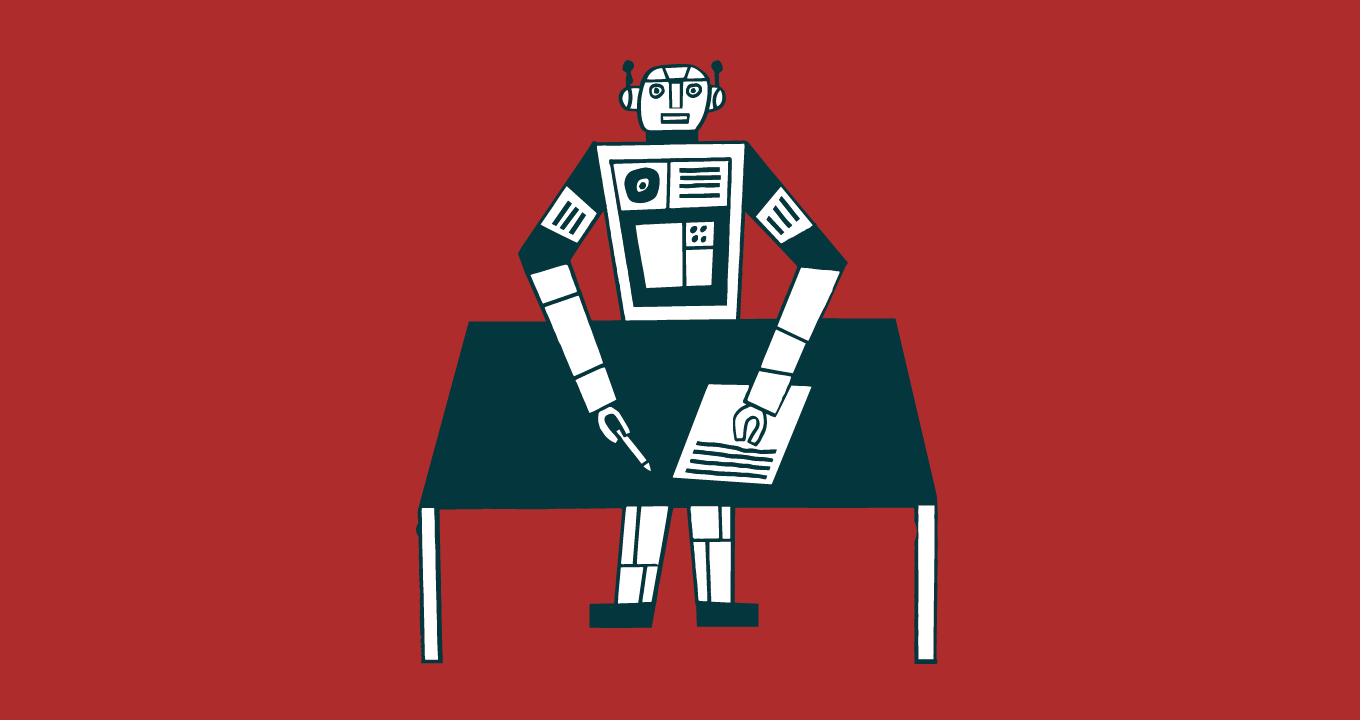Article • 3 min read
Building trust with automatic answers
Brett Grossfeld
Associate Content Marketing Manager
Customer service agents have a critical role to play when it comes to building trust with their customers. They act as the vanguard of their company’s reliability; great support leads to positive customer experiences that foster a healthy sense of trust in a business. So it’s concerning that recent data indicates only 1 in 5 companies provide what’s perceived as a good or great customer experience.
With that in mind, there’s a lot of interest in how tomorrow’s innovations can change the customer experience. Thanks to advancements in artificial intelligence, agents are expected to be more readily available through self-service and ticket deflection. One method that can help them achieve that forward progress is the utilization of automatic answers.
What are automatic answers?
Automatic answers are exactly what they sound like: they’re answers that are immediately given to a customer without any agent interaction. The answers aren’t just pulled out of a hat either; they come from an existing knowledge base or help guide. Artificial intelligence with machine learning capability notes the similarities between the contents of a ticket and relevant articles in a help guide, and immediately provides the article that will answer the customer’s question.
For example, let’s say you’d like to learn how to include emojis in a reply on a popular messaging app. You check the knowledge base for answer, only to find a few competing articles on the subject, like “Shortcuts for adding emojis” or “Emojis best practices”. It isn’t very clear and it isn’t worth your time to go on a goose chase for the answer, so you raise a support ticket for agent assistance.
Here’s where the automatic answer kicks in. The machine learning technology recognizes the language and pattern of the query and immediately provides the article with the appropriate answer: “Using emojis in a message”. It’s very likely that another customer asked the same question once before, and the automatic answer technology had already learned what the best resolution could be. Ultimately, a ticket deflection occurs for the agent while you learned how to fill your replies with fun and occasionally obnoxious emojis.
How do automatic answers build trust between customers and companies?
One of the major promises of artificial intelligence is the notion that it will help make companies more reliable. Think about how car production increased and became more stable after automation became the standard for labor-intensive sections of the manufacturing process. Automatic answers are similar: they take care of the simple requests that are ripe for ticket deflection, like “how to reset a password” or “what settings can I change?”.
This helps build trust in two ways: one, customers can put their faith in an automated service that provides the same answer a seasoned agent could give, only without the waiting. When AI is capable of that level of efficiency, it promotes reliability and trustworthiness. The second way is because of ticket deflection. After an automatic answer is given, the agent has more time to spend on issues that require actual conversations and accounts that need a greater level of personalized customer service. That kind of support helps to develop a stronger relationship between a customer and a company, and out of that comes a better customer experience built on transparency and trust.
